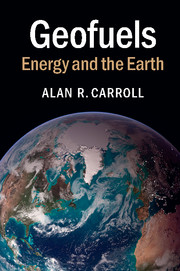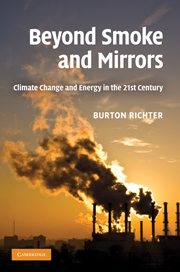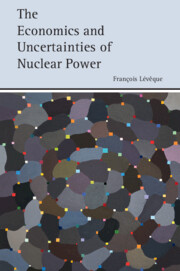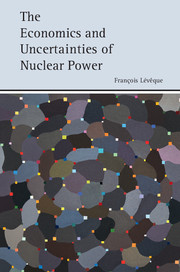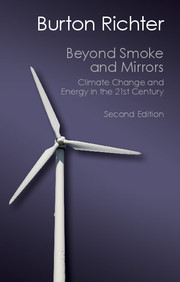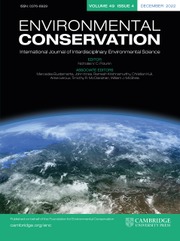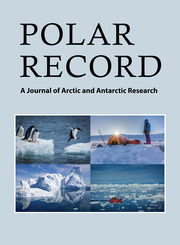Geofuels
Our energy use and its consequences (including climate change) motivate some of the most contentious and complex public debates of our time. Although these issues are often cast in terms of renewable versus non-renewable energy, in reality both depend on finite Earth resources. The evolution of the Earth itself therefore offers a uniquely illuminating perspective from which to evaluate alternative pathways toward energy and environmental sustainability. Geofuels: Energy and the Earth systematically develops this perspective using informal, nontechnical language laced with humor. It is well suited to a broad readership, ranging from beginning university students to lifelong learners who are interested in how the Earth's past will influence their own future. It also provides simplified explanations of controversial topics, such as energy return on energy investment, peak oil, and fracking. The focus throughout is on building a sound physical understanding of how natural resources constrain our use of energy.
- Provides a unique view of the entire energy landscape, as seen through the lens of geology, allowing readers to gain a holistic understanding of the origins of energy, both renewable and non-renewable
- Written in an informal and nontechnical style which will appeal to those who might be put off by a formal, textbook-style presentation of technical material
- Describes the connections between renewable energy systems and finite Earth resources, giving readers a greater awareness of the fundamental trade-offs inherent to all energy systems
Reviews & endorsements
'Dr Carroll has written a practical, objective, informed and entertaining book that does a refreshing job of looking at energy from multiple angles. Students and activists alike would benefit from considering what Alan has to say.' Scott W. Tinker, State Geologist of Texas and producer of the global energy documentary, Switch
'Geofuels is an adventure into Earth's energy resources and the environment. It is hard to imagine a more interesting and readable book. Professor Carroll demonstrates his talent as a gifted teacher, using analogies, story-telling, and both historical and modern examples to make natural processes and facts intuitive and relevant. Anyone who reads this book, whether new to Earth science or not, is going to learn a lot about Earth systems, the nature and benefits of different energy sources, technology, environmental impacts, weather, oceans, soils, water resources and geology.' Steven Gorelick, Stanford University, California
'This is an excellent book, lively written, and full of insights. Dr Carroll's thorough knowledge of geology shines throughout the text, and makes this book interesting not only to a wide audience, but also to the scientists, who worked in some or most of the aspects of global energy supply. I happen to have worked and published in most of these aspects, and not only greatly enjoyed the book, but also learned several new things. Dr Carroll has set a very difficult goal for his book: to be easily readable by a broad lay audience, yet maintain the level of rigor that makes it also attractive to scientists and engineers. I congratulate him on achieving this goal admirably. I will strongly recommend this book to my family and friends.' Tadeusz Patzek, King Abdullah University of Science and Technology, Saudi Arabia
Product details
No date availablePaperback
9781107401204
369 pages
229 × 152 × 17 mm
0.61kg
114 b/w illus. 1 table
Table of Contents
- 1. Introduction
- 2. The living Earth
- 3. Warmed from above: solar energy
- 4. Wind, water, and waves: energy from the fluid Earth
- 5. Covered with green: biofuels basics
- 6. Fossil farming: the geologic underpinnings of biofuels
- 7. The light of an ancient sun: fossil fuel origins
- 8. Digging for daylight: coal and oil shale
- 9. Skimming the cream: conventional oil and gas
- 10. Stuck in the mud: fossil fuels that fail to flow
- 11. Petrified petroleum: oil sand and gas hydrate
- 12. Water, water, everywhere
- 13. Primordial power: geothermal and nuclear
- 14. Out of sight, out of mind: geologic waste disposal
- 15. How long is forever?: energy and time
- 16. Conclusions.

